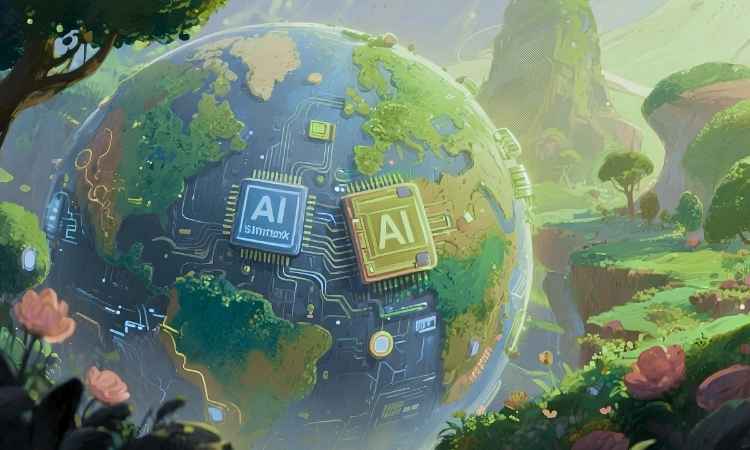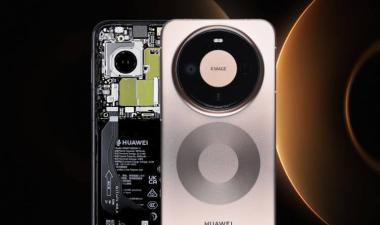Chip Observer December 2024
Intel Shake-Up, Trade Tensions, and Quantum Leaps
This month’s Chip Observer explores major industry developments, from Intel’s leadership shake-up and escalating US-China trade tensions to groundbreaking advancements in quantum computing and a political crisis in South Korea.
Intel has parted ways with CEO Pat Gelsinger, marking the end of his ambitious yet challenging tenure. Returning to Intel in 2021 after a successful career at EMC and VMware, Gelsinger set out to restore Intel’s leadership in advanced semiconductor manufacturing with a foundry-first strategy and major CHIPS Act funding. However, persistent delays in Intel 4 and Intel 3 processes, along with fierce competition from TSMC and Samsung, limited his success. Interim leadership now falls to CFO David Zinsner and Michelle Johnston Holthaus, head of the Client Computing Group, as the search for Intel’s next CEO begins.
US-China trade tensions reached new heights as the United States added over 100 Chinese companies—primarily equipment and tools manufacturers—to its restricted trade list, curbing their access to critical American technologies. China responded swiftly by restricting exports of rare metals like Gallium and Germanium, essential for semiconductor production. These escalating measures raise concerns for global supply chains, already under strain, as geopolitical conflicts continue to impact the semiconductor and electronics industries.
The CHIPS Act took center stage as the US administration accelerated funding announcements ahead of the political transition. A total of $22 billion in awards were distributed to 12 semiconductor companies, including Intel, GlobalFoundries, Micron, and TSMC. These significant investments aim to boost domestic chip manufacturing, strengthen national security, and reduce reliance on foreign foundries. Meanwhile, Google achieved a major breakthrough with Willow, its 105-qubit quantum computer, which demonstrated below-threshold quantum error correction—a critical step toward scalable, error-free quantum computing. The company also unveiled Android XR, a spatial computing version of its operating system, positioning Google to lead the next wave of AR/VR innovation.
To learn about these topics plus Editorial: What Will Be Pat’s Legacy? and Company Profile: Epson, explore the full December 2024 issue of Chip Observer. For a deeper analysis of these developments, read the full Chip Observer for free on the TechInsights Platform and stay ahead of the trends shaping 2025.










